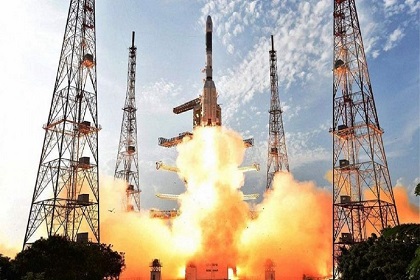 Courtesy: ISRO
Courtesy: ISRO
The Quad has agreed to launch a satellite-based maritime security initiative to curb illegal fishing by China. India is a global leader in satellite launches, especially in Earth Observation (EO) satellites. The Indo-Pacific nations are looking at the Indian model because it is applicable, economical, and sustainable.
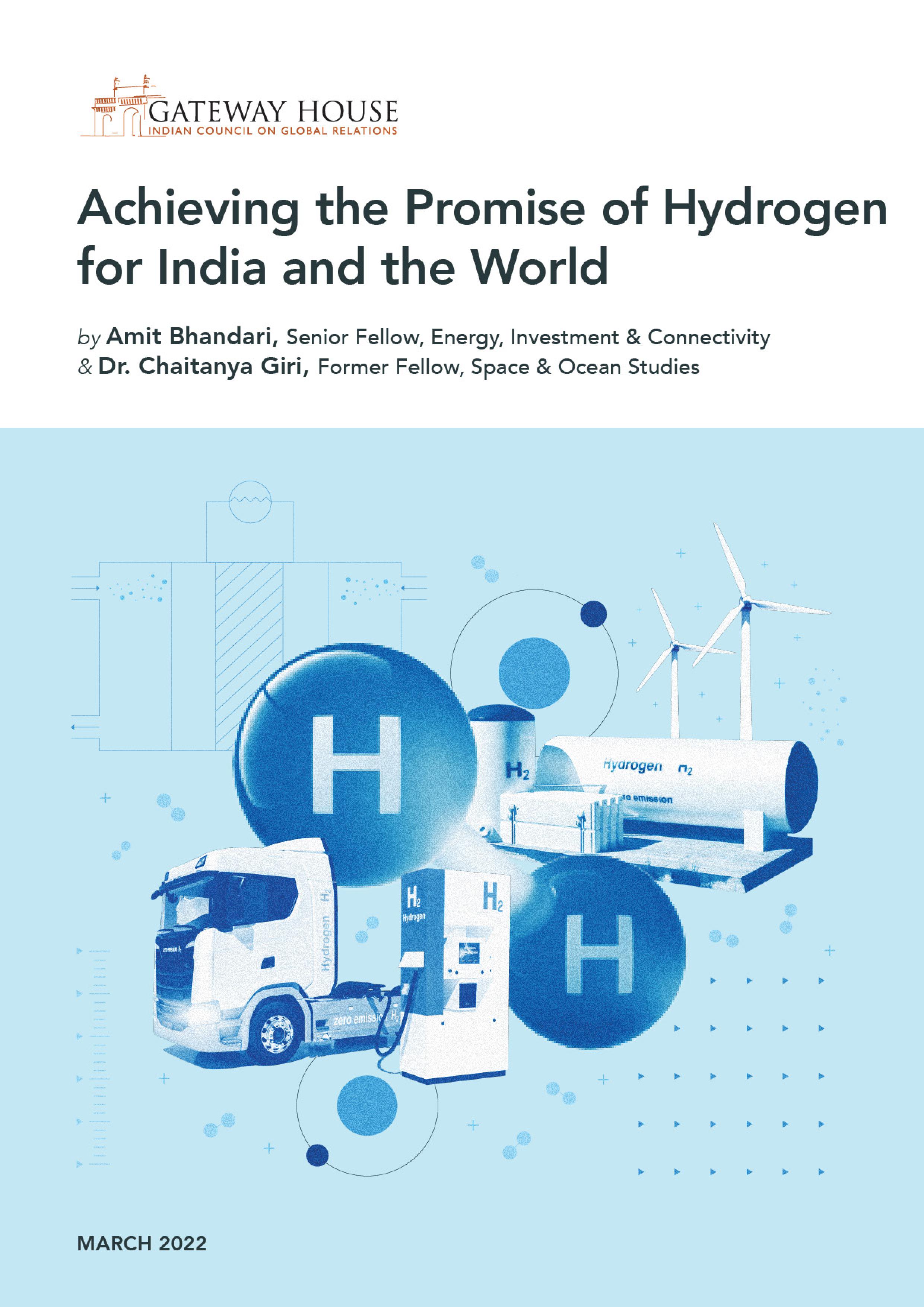 Courtesy: Gateway House
Courtesy: Gateway House
On February 17, India launched the Green Hydrogen Policy which facilitates the production of hydrogen and ammonia to replace fossil fuels. Produced from water by electrolysis, green hydrogen offers a way to store renewable energy in bulk.
This paper analyses the viability of green hydrogen in India as a vehicle fuel and industrial gas, and makes recommendations for the usage of this clean energy source by companies, entrepreneurs, and policy-makers.
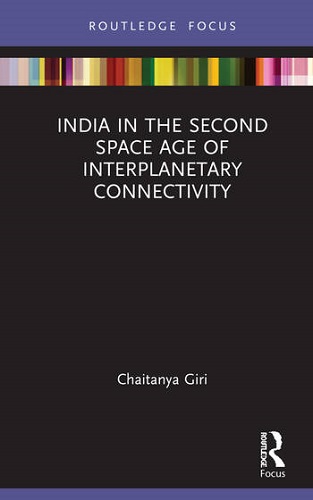 Courtesy: Routledge India
Courtesy: Routledge India
The concept of astropolitical blocs as an extension of geopolitical blocs remains unexplored, especially from an Indian perspective. As the scope of international cooperation in space expands into soft science diplomacy, the advent of the second space age creates opportunities for India to step up its space program, according to this book.
This particular excerpt discusses the second space age, the changing nature of space enterprises, and the involvement thereof, of developing nations.
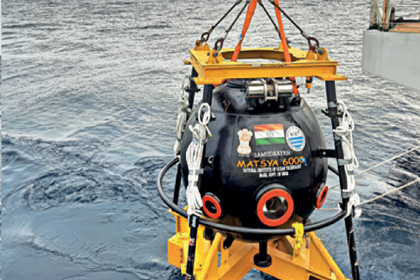 Courtesy: Times of India
Courtesy: Times of India
In 2021, India expedited budgetary clearances to activate its Deep Ocean Mission. Most mission projects are currently confined to the network of institutions operating under the Ministry of Earth Sciences. To truly shine, they must follow the model of developed economies where ocean innovation clusters are public-private partnerships, to focus on attaining India’s strategic objectives.
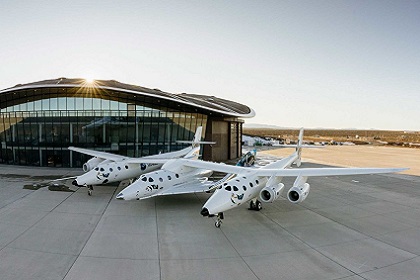 Courtesy: UAE Space Agency
Courtesy: UAE Space Agency
After successfully developing Dubai and Abu Dhabi as aerotropoli or cities around an aviation hub the United Arab Emirates aims to become an astropolis, a hub of space tourism and human spaceflight. There is ample scope for UAE to cooperate on this with India, which is also its comprehensive strategic partner.
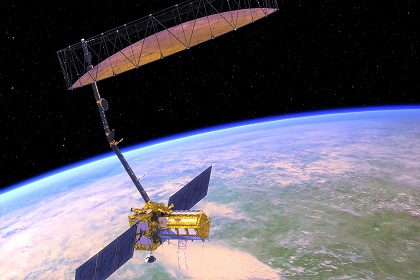 Courtesy: NISAR
Courtesy: NISAR
The highly space-capable Quad powers have agreed to share their respective satellite datasets for monitoring climate change, disasters and the use of natural resources. With global security encompassing armed confrontation to environmental damage, the Quad’s planetary collaboration will go a long way in protecting the green and blue environment.
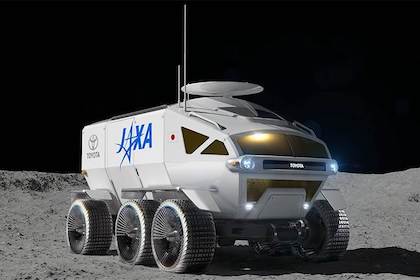 Courtesy: Toyota
Courtesy: Toyota
In June this year, the Japan Aerospace Exploration Agency collaborated with Honda Research to build an energy system for surface mobility on the moon. SpaceX and Mitsubishi Heavy Industries, Tesla and Mitsubishi Motors have similar alliances, reflecting the increased participation of the automotive sector in the space economy. Tokyo wants its biggest export, automobiles, to pick up stakes in this space. India should have a similar ambition. The May 2020 space reforms recognise the significance of commercialising the space sector. But now is the time for long-term R&D investments in the domestic auto sector, to help India step into this play.
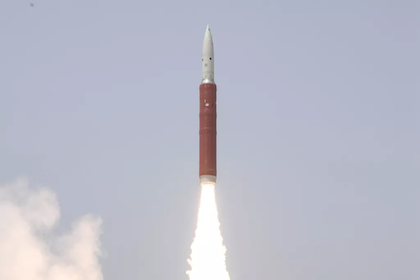 Courtesy: Press Information Bureau, Government of India
Courtesy: Press Information Bureau, Government of India
As the private or autonomous space industry becomes more developed, an interesting phenomena is occurring. The public sector which runs space programmes has lagged behind, but also profits from the recent success of private space companies are limited to direct stakeholders. After a decade of private investment, it is worth assessing why countries like the U.S., Russia, China and India have pursued independence from government entities in space over the last decade.
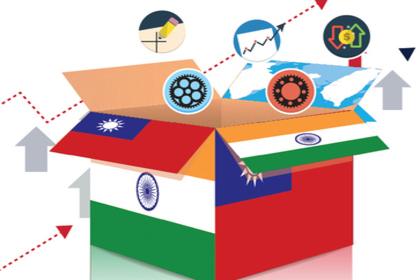 Courtesy: www.mmindia.co.in
Courtesy: www.mmindia.co.in
India’s space reforms have the potential to boost India-Taiwan space relations beyond the pure scientific domain. The two countries have the potential for collaboration between space start-ups, joint ventures, investments, and technology and infrastructure-sharing. This article highlights the scope for India to establish Track 1.5 and Track 2 space diplomacy with Taiwan.
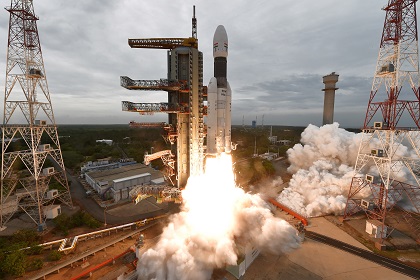 Courtesy: ISRO
Courtesy: ISRO
The Indian administration enacted much-needed space reforms in 2020, paving the way for a private space industry in the country. However, the COVID-19 pandemic has suspended space launch activities in the country. The Department of Space must remove these redundancies to make India’s space launch centers and spaceports market-oriented and ready for commercial, military, civilian, and experimental space launches.












